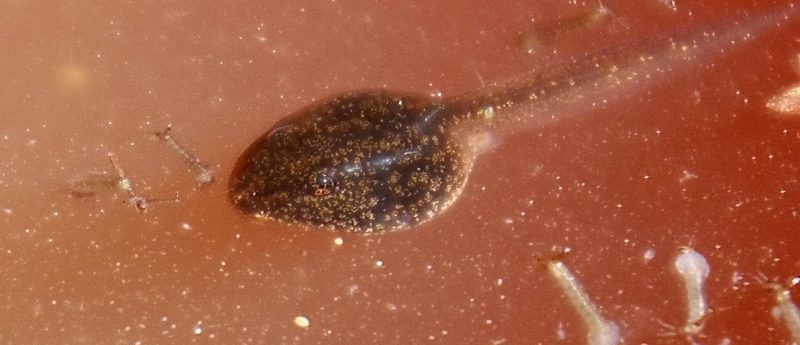Internal bioelectricity harnessed to strengthen immune system against infection

Researchers at Tufts University have determined that altering cells’ natural electrical signaling bolstered the immune response of tadpoles against infection.
Scientists at Tufts University (MA, USA) have found that certain drugs, including some already approved in humans, made the interior of cells outside the nervous system more negatively charged, improving the ability of the innate immune system to fight infection. The transmembrane potential (Vmem), caused by differences in negative and positive ions on opposite sides of a cell’s membrane, is known to play a critical role in numerous cell types and was also hypothesized to affect innate immunity. The innate immune system also plays a role in tissue repair and regeneration, so this finding could have application in human therapies.
“All cells, not just nerve cells, naturally generate and receive electrical signals. Being able to regulate such non-neural bioelectricity with the many ion channel and neurotransmitter drugs that are already human-approved gives us an amazing new toolkit to augment the immune system’s ability to resist infections,” said the paper’s corresponding author Michael Levin, professor of biology and director of the Allen Discovery Center at Tufts and the Tufts Center for Regenerative and Developmental Biology.
In this study, tadpoles were infected with E. coli and exposed to drugs that either depolarized (positively charge) or hyperpolarized (negatively charge) their cells. After exposure to depolarizing substances, the number of embryos that survived infection increased by 32% on average. Mortality in untreated control embryos was 50—70%.
“[This] gives us an amazing new toolkit to augment the immune system’s ability to resist infections”
To further investigate the relationship between the innate immune system and regeneration, the team also studied a cohort of tadpoles that had had their tail bud amputated following survival of infection. Removing the tail was found to increase the tadpole’s ability to survive an E. coli infection, inducing defense mechanisms such as the recruitment of macrophages which appeared to increase efficiency in eliminating the bacteria.
“Components of the innate immune system such as macrophages were known to be essential to the process of regeneration, but the new study examines the opposite and equally important side of that relationship — how regeneration impacts the immune system,” said Jean-Francois Pare, first author on the paper and a research associate in the Levin laboratory. “The interplay between response to physical injuries and infection has the potential to reveal new ways of treating both infections and severe physical injuries.”
Source: http://now.tufts.edu/news-rele…